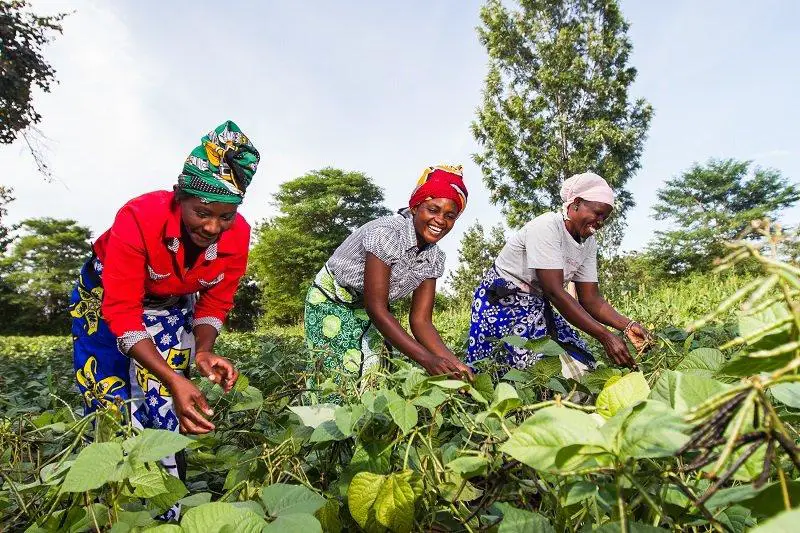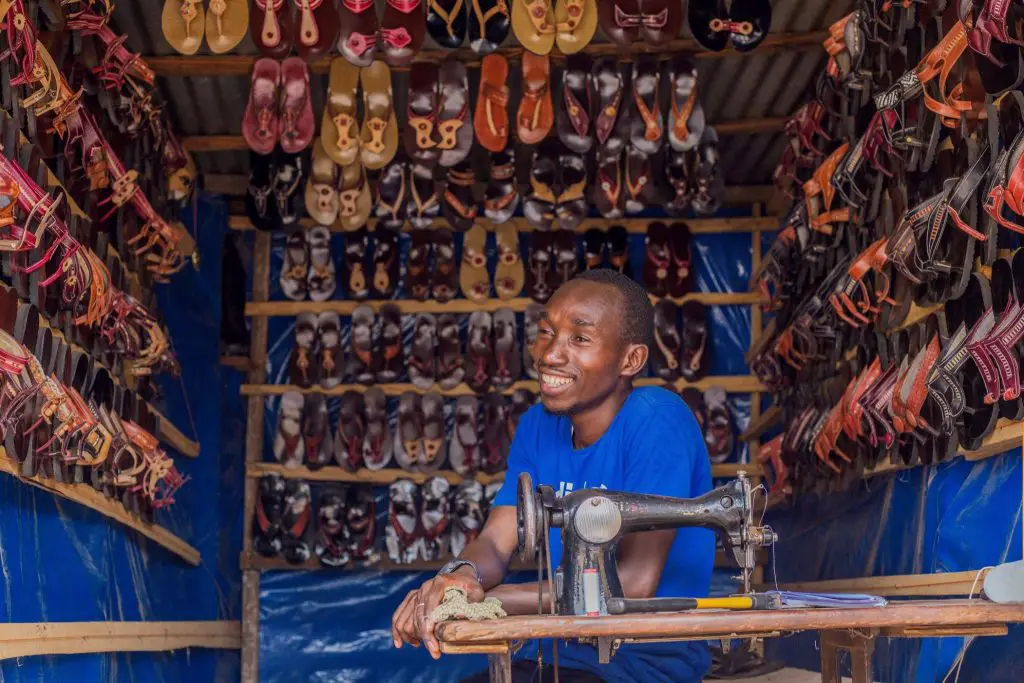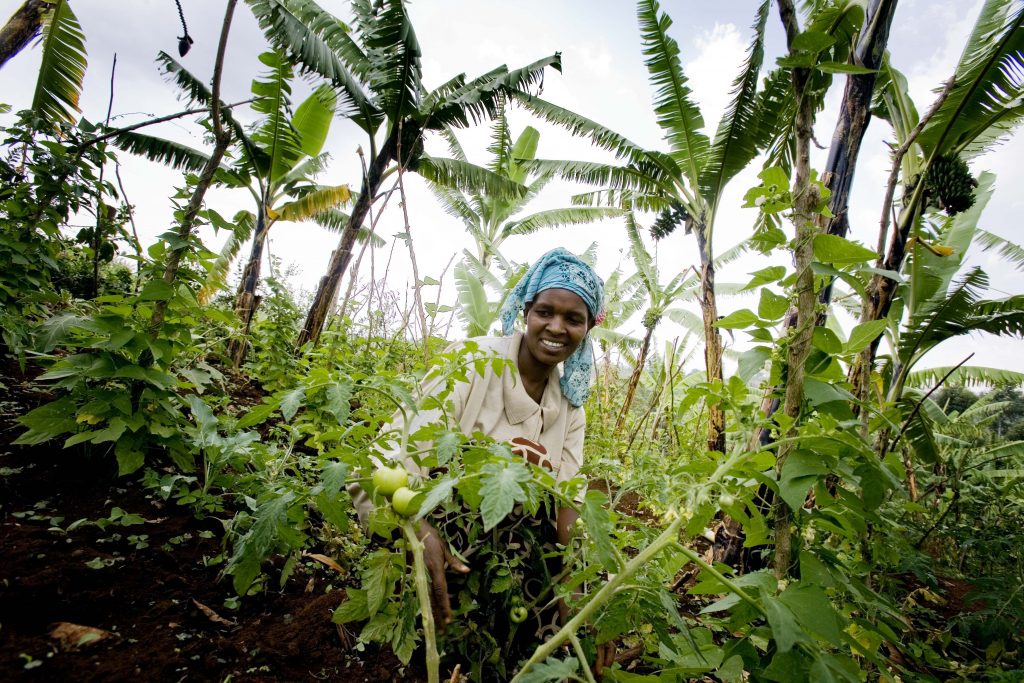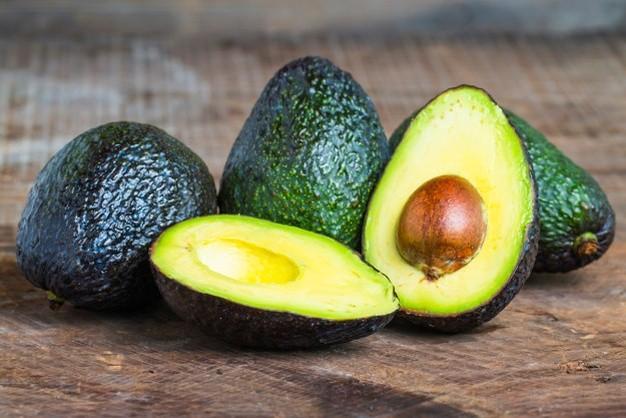- Libya joins Afreximbank and lines up mega projects to advance intra-African trade
- How Africa’s critical minerals is vital engine of regional growth and integration
- Strength in struggle: A Ugandan mpox survivor’s tale
- AFIS 2024: Here’s how we can grow Africa’s unicorns and gazelles
- African Energy 2024: Surging investment, waves of change
- AIM Congress 2025: Competition opens doors for Africa’s top tech innovators
- Zimbabwe rolls out $24M project to reduce use of mercury in gold mines
- Zambia secures $184M IMF support as economic growth set to decline to 1.2 per cent
Browsing: Agriculture
Standard Bank and UN Women have come together to equip African women in agriculture with skills and resources to grow their businesses for long term success.
In October last year, the two organisations partnered to empower more than 50,000 women in South Africa, Uganda, Malawi and Nigeria through modern and environmental friendly farming technologies that increase incomes and productivity.
Local farmer organisations and cooperatives, women farmers and authorities are now able to address structural inequalities in rural economies in Africa, beginning with difficulties that women face in securing tenure for quality farmland through the Climate Smart Agriculture (CSA) collaboration.
Funding worth $3 million has been provided by Standard Bank as well as ongoing support through financial literacy and other programmes.
“The CSA project supports Standard Bank’s drive to create a gender-equal Africa and aligns with our purpose of driving the continent’s growth. We believe it will meaningfully contribute to the …
After much back and forth that caused enormous delay, the East African Community (EAC) has passed a 97.6m US dollars budget for the next financial year.
Of the total amount, 55.6m US dollars will come from EAC partner states, while development partners will contribute 41.9m US dollars.
The budget reflects the region’s top priority areas which can be shortlisted to about seven areas. During the next financial year, the community will focus on Consolidation of the Single Customs Territory (SCT) to cover all imports and intra-EAC traded goods, including agricultural and other widely consumed products.
It will also cover infrastructure development including the enhancement of free movement of all factors of production as declared under the Common Market and Monetary Union Protocols.
Another focus area is the enhancement of regional industrial development through investment in key priority sectors like skills development, technological advancement and innovation to stimulate economic development.…
It is legal to say the world as we know it has been kidnapped by the novel coronavirus, which has left thousands dead and millions who have contracted it. The United Nations Industrial Development Organization (UNIDO) confessed that “the economic crisis unleashed by the outbreak of COVID-19 is hurting economies, regardless of income level”.
According to its latest numbers, UNIDO indicated that both lower and upper-middle-income countries have been significantly impacted by COVID-19, with an average loss in industrial production across countries, standing at 18 per cent (high-income), 24 per cent (upper middle-income) and 22 per cent (lower middle-income).
The pandemic has hurt a lot of economies but more importantly has taken a toll in some developing countries, such as Kenya and Tanzania who rely on travel and tourism dealing a huge slap on foreign receipts.
The World Bank
The International Islamic Trade Finance Corporation (ITFC) signed a $200 million syndicated Murabaha financing agreement with the African Export-Import Bank (Afreximbank) to help the agricultural sector in Africa.
The International Islamic Trade Finance Corporation is a member of the Islamic Development Bank (IsDB) Group while Afreximbank is a multilateral financial institution established by African governments and institutional investors.
The facility aims at helping African countries address some of the economic impacts of the pandemic. This syndication is supported by financial institutions and some of the partners who allocated resources to the agricultural sector in Africa.
The agreement which is in line with ITFC’s ongoing commitment in Africa will fund the export of soft commodities such as cocoa, sesame seeds, raw cashew nuts and maize.
Also Read: Kenya to launch Agribusiness programmes to support youth involvement in agriculture
Agriculture being Africa’s continent largest employer and a key driver of SME development, …
There has not been a more demanding time for Africa to adopt modern agriculture methods than now. In the wake of the Covid-19 pandemic, food security in Africa is threatened at all levels and farming activities have nearly been brought to a standstill.
African farmers lost market as borders closed and flights were grounded to curb the spread of Covid-19. As a result the, pandemic severely affected the agriculture value chains from supply of inputs to transporting the end product.
Africa now finds itself more in need of modern farming methods to increase production in a cost effective manner. However, while attempting to increase production, African farmers must also mitigate the effects of climate change by adopting climate smart agriculture.
There is need to use improved seed varieties even in the backdrop of the side effects of using hybrid seeds. Improved seed varieties are more resistant to disease and poor …
After slow production during the Covid-19 lock down, Zimbabwe’s gold sector has had a drastic come back reporting gold revenue is up almost 50 percent at least one of its major mines.
The total revenue recorded for the second quarter of 2020 clocked and impressive to USD23. 6 million, that is almost double (48 percent) the revenue brought in during the same period last year.
Having topped last year’s production by USD15. 9 million, Blanket Gold Mine that is based in the Gwanda region, increased production all through the first quarter this despite glitches caused by the Covid-19 pandemic.
The mine is owned by the Caledonia Mining Corporation and was proud to announce it had produced 14,233 ounces of gold in the second quarter up from the 11,948 produced during the same period last year.
The production level is very impressive given the fact that other miners could not access …
The Tanzania Horticultural Association (Taha), is reporting an increase in revenue from the export of avocados which until now were not considered key export cash crop.
However growing demand in the US and Europe has seen the sub-sector increase revenue to USD 23 million annually.
Tanzania is the second largest producer of avocado fruit in Africa second only to Kenya. Over the past 5 years, avocado exports have frog leaped from 1,877 tonnes in 2014 to 9,000 tonnes in 2019 and were it not for the COVID-19 outbreak, this figure was expected to go only higher.
Kenya is already doing much better with its estimated annual output is about 190,000 tonnes every year as the country exports an average of 10,000 metric tonnes annually.
In Tanzania, there are about 10000 farmers of the crop who are spread out across the country and of these, now most have turned to the …
While all other agricultural exports are suffering reduced demand owing to the Covid-19 global pandemic, that is not the case for tobacco which has recorded remarkable increase in sales at the beginning of the marketing season.
Reports from Zimbabwe say export of flue-cured tobacco is stable and prices are firm, with tobacco sales having increased more than quadrupled over the cause of the last and the present season. Last season closed with sales of USD232 008 but this season has opened with sales of USD1 598 230 that is a 588 percent increase!
As market season opened at the start of the month, an impressive USD1.6 million was sold. With attractive prices that begun above USD 5 per kilogramme, farmers were more than willing to sell. Only three days after the marketing season opened, farmers had sold almost 700 000 kilogrammes of tobacco.
The country’s Tobacco Industry and Marketing Board …
This article aims to highlight the challenges and implications of COVID-19 in the agricultural sector using current industry trends and outcomes to forecast the impact of the pandemic on agricultural value chains and consumer behaviour in the short, medium and long term. Most importantly, however, this report proffers actionable innovations and systems that can be adopted and scaled up to negate the effects of the pandemic on food supplies to urban areas and industrial processors in Nigeria.
Short term (1-3months)
- Disruption of supply chains due to inter and intrastate border closures. An example being the pileup of trucks on the Kano-Kaduna road due to shutdowns on what is a key route for national grain distribution.
- The stock of grains does not seem to be hampered but there is a risk it will if the current situation persists for a period longer than 3-4 months. The
Tanzania is looking to be the regional leader in production of sunflowers and with it to become the lead producer of edible oils.
To meet this target, Dodoma, the nation’s administrative capital has been selected to grow both sunflower and groundnuts too.
A 4.4bn/- investment is slated to kick start the project while at least one refinery plants valued at 1.5bn/- is expected to produce at least 30 tonnes. While the regional production capacity has not been made public, Dodoma and its vicinities already boasts of over 10 small and medium sized plants.
Experts say the region has the perfect climate for sunflower and groundnuts production. The semiarid climate has in the past worked for the production of groundnuts in large amounts and was the leader in export of the legumes.
Now years later, the region maybe revived to its glorious days. However to achieve this, public private partnership is …













